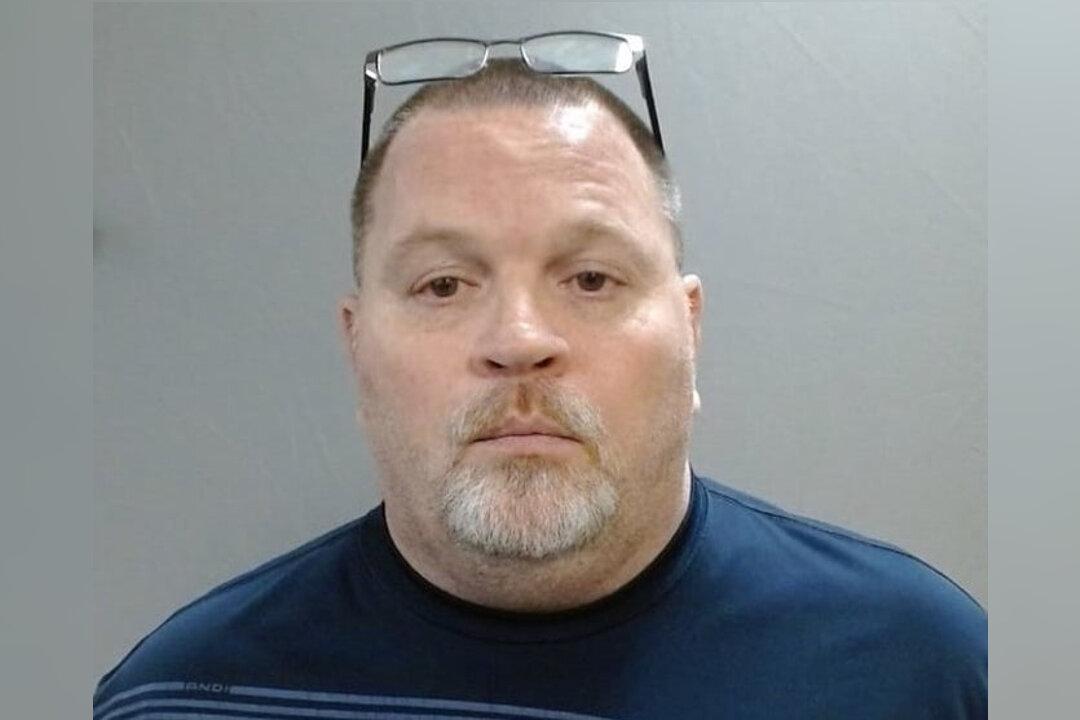WICHITA, Kan.—Police in Kansas have arrested and charged a man in a 2007 sexual assault by matching a DNA sample to data submitted to genealogy websites.
Ted Foy, 52, of Augusta, is jailed on $500,000 bond after he was charged last week with rape, aggravated sexual battery, and aggravated criminal sodomy. His attorney, public defender Sonya Strickland, didn’t respond to an Associated Press email seeking comment Monday.





